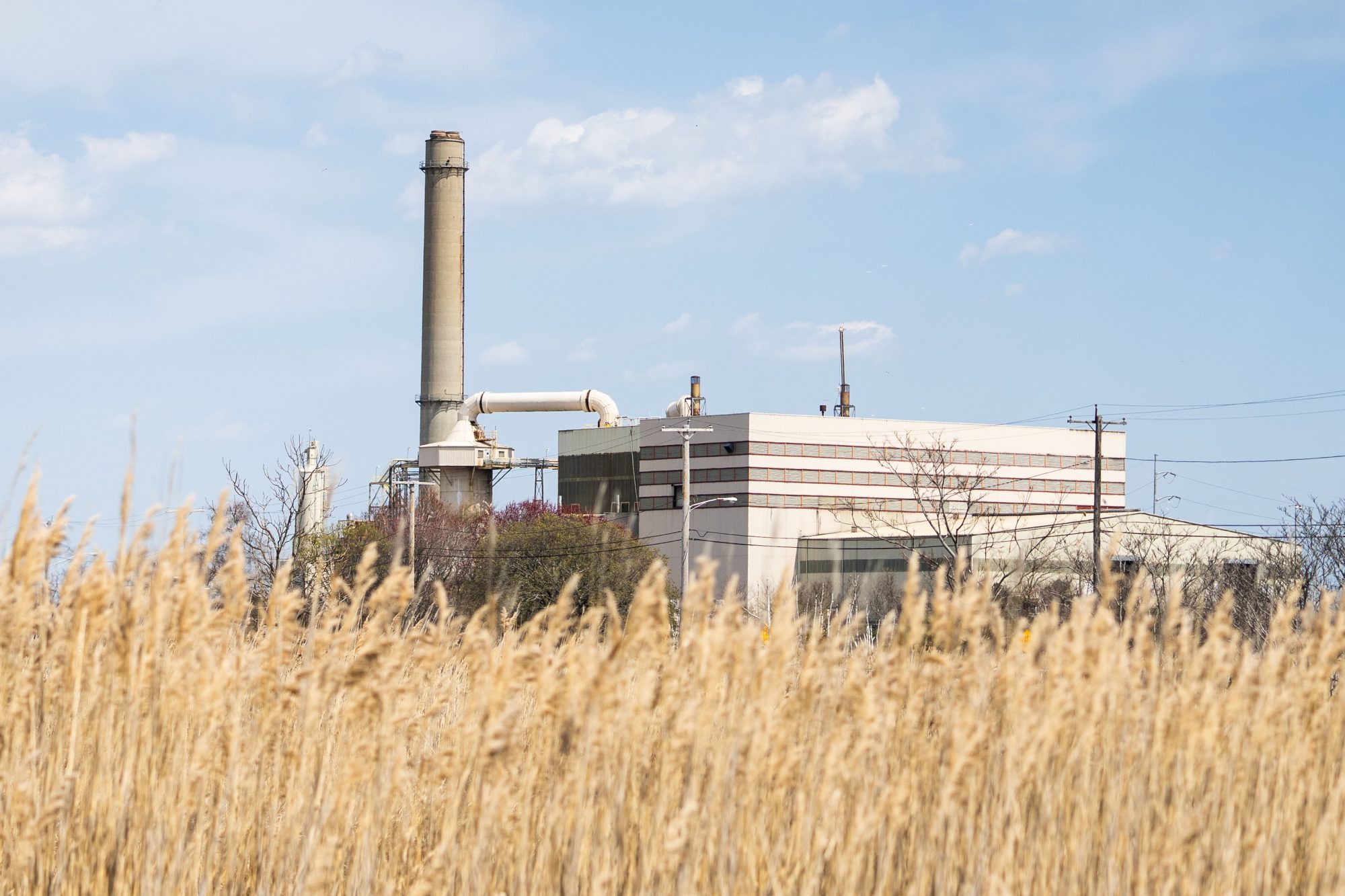SAUGUS — The Board of Health on Monday vowed to continue working with WIN Waste Innovations to better the town and reaffirmed its commitment to holding the company accountable.
Upon opening the meeting, the board departed for an executive session for close to half an hour, where members discussed moving forward with a new bylaw establishing environmental performance standards for solid waste facilities, said new Board Chair Maria Tamagna, who assumed the post following the resignation of long-time chairman Bill Heffernan.
While the board did not vote on the bylaw Monday, Tamagna said efforts to establish the bylaw date back to 2014, when it was first drafted. Then, the bylaw went before Town Meeting, where it won approval, sending it for review by the attorney general’s office. After receiving feedback from the office, the bylaw was seemingly shelved prior to the more recent attempts to revive it. Tamagna said the bylaw would again go before Town Meeting for an additional approval of the new language.
During the meeting, the board also discussed an incident at the WIN facility on Friday that resulted in an audible noise event, one that seemingly drew additional ire in the wake of a similar, longer, louder event at the end of September.
Peter DiCecco, WIN’s vice president for waste to energy, said the noise event was a result of a safety lifting for one minute while the second boiler at the plant was brought online.
Board member Joia Cicolini criticized the company for failing to notify the board of the incident, and Public Health Director John Fralick confirmed he was not alerted by WIN but did speak to a representative of the company on the evening the event occurred.
In the wake of both incidents, Cicolini pointed to data on the Purple Air sensors installed in town that showed higher emissions coming from the facility.
The accuracy of the sensors, though, has come under scrutiny in the past.
The Puget Sound Clean Air Agency said Purple Air data is “about two times higher than the real values.” A Massachusetts Department of Environmental Protection official also emphasized that the Purple Air devices were sensors, not monitors, meaning they were not subject to the same regulations from the Environmental Protection Agency about how and where they are installed.
DiCecco said the company worked to take several steps after the initial noise incident in September at the suggestion of both the board and residents during an emergency meeting held immediately after the equipment malfunction. That included the installation of a direct line to the plant for the police and fire departments, offering to pay for the cost of the emergency response to the plant that night, increased testing of equipment, and agreeing to be subject to increased review by a third-party consultant.
The company is also in the early stages of working with MassDEP to install at least one NOx monitor in town, a step initially agreed to as part of the Host Community Agreement approved by the Board of Selectmen earlier this year.
The HCA provides the town with various economic and environmental benefits if WIN receives the necessary permits to expand its ash monofill.
But, Cicolini criticized DiCecco, saying those steps were not agreed to by the Board of Health, adding that it was her understanding they came after a meeting between company officials and Board of Selectmen Chairman Anthony Cogliano. While Cogliano did meet a representative of the company following the incident, DiCecco said he has never communicated with any other elected officials in town regarding the facility.
“The things that I mentioned were specifically taken from my notes that I personally worked with [the plant manager] to complete,” DiCecco said. “No one told me to do those. I did those. No one asked me to do them.”
Cogliano and the company were criticized in a letter sent by the board’s attorney, George Hailer, last week, where Hailer emphasized that only the Board of Health has the authority to regulate WIN and its operations.
“Meeting with, and purporting to ‘negotiate’ with a single member of the BOS, who has no legal authority in this matter, cannot be considered a constructive development,” Hailer said in the letter.
In a statement, Mary Urban, WIN’s senior director of communications & community engagement, said the company has acted with “deference and transparency in all dealings with the town, including the Board of Health.”
“The noise incident is another example of WIN Waste being responsive to the town. In addition to offering several apologies to town officials and their constituents at the BOH meeting, our team reacted immediately and with full transparency,” Urban said.
Cogliano defended his role in the process and dismissed the letter as “petty.”
“I simply met with a representative of WIN … and suggested to them to be proactive and do everything that was asked of them,” he said. “I offered nothing in return, so how they can classify that as negotiating is ridiculous. No one is ever going to put a gag order on me when I’m doing something to benefit my town.”
For her part, Tamagna did not directly address the letter but said she believed WIN would continue to be a good community partner.
“We understand that this has been a long-standing issue and problem, and the process is long and arduous, but it will be coming to some sort of reconciliation,” she said.

